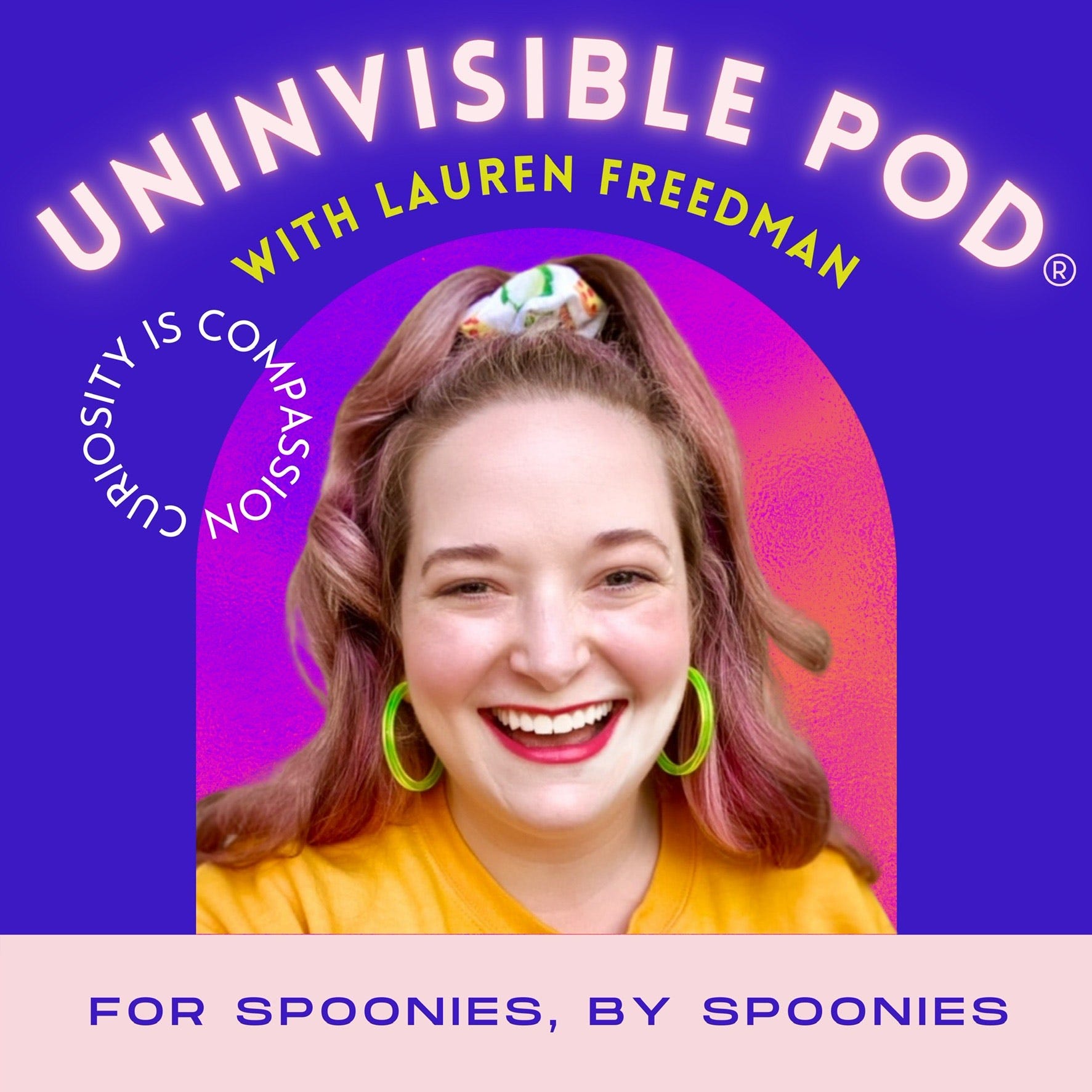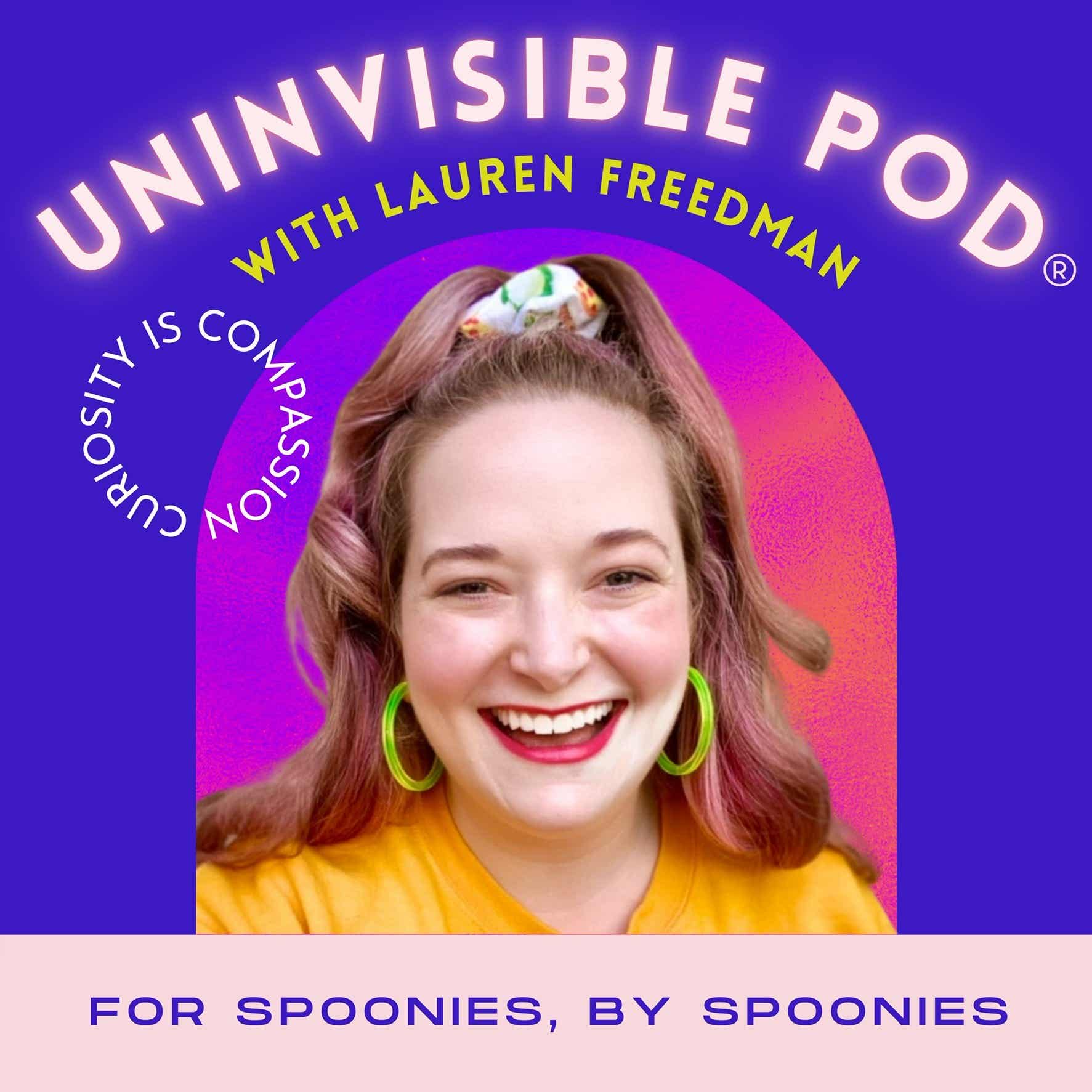
051: Mental Health & Cystic Fibrosis Patient Advocate Thomas Smith

Uninvisible Pod with Lauren Freedman
Shownotes Transcript
Thomas Smith is a an international consultant providing expert patient insights; diagnosed with cystic fibrosis (CF) as an infant and taking control of his livelihood in his late teen years, he is now involved with numerous patient advocacy groups that span the rare and chronic disease spectrum, with a focus on mental health. A former member of the European Health Parliament in Brussels, he’s an expert patient reviewer for the European Medicines Agency, a trustee at Britain’s biggest national mental health charity, Mind, and works for the Research Ethics Committee (as part of the Health Research Authority) of the NHS. He also works with patient organizations all over Europe, including the European Patients’ Forum, EURORDIS, and EUPATI. Combining experience of policy, clinical research, and media representation skills with an unshakeable belief that meaningful patient involvement is key for sustainability and meaningful innovation in healthcare, Thomas is a constructive challenger of the status quo. As in previous CF patient interviews, you may hear him clearing his throat periodically throughout this interview – it is to be expected![Text Wrapping Break]
**Tune in as Thomas shares… **
that he was diagnosed with CF as a baby, and later fitted with a gastrostomy that he has since removed
that it was as a teenager that he decided to take control of his health – and come to terms with his life with chronic illness
that he was later fitted with a passport (similar to a central line) that enables him to get drugs directly into his system through a vein in his bicep
that he started taking better care of himself because he didn’t want to present like a sick person – and he now does physical therapy 2-3 hours daily
that his physio is time-consuming, and while it’s not the most enjoyable part of his day – he loves that it enables him to get out and live his life with purpose
that his CF care team never discussed life expectancy – and he doesn’t see the benefit of discussing it at this stage, because he likes to focus his energy on moving forward
that there’s very little you can do with CF to “feel better” – but you CAN actively improve and prolong your life despite discomfort
that as a young man he did a lot to either minimize and live in denial over his diagnosis
that the moment he began to engage with his disease, his world completely changed and he began to grow
that he loves being a patient advocate – and feels better when he works “on” his disease, meeting others who know what it’s like and engaging with community
that advocacy has enabled him to better understand life in general
that his family has supported him practically, but it’s been Thomas’ responsibility to engage with others in the community and find those who understand his experience
why it’s important not only to engage with patients in your own community – but also to engage outside of it
why he doesn’t believe in “tokenism” as a patient advocate, and why patient advocates should be compensated for their work – because volunteerism is, ultimately, exploitative
that patients aren’t more important than anyone else in the process of clinical trial/treatment design – but the idea that they are any less important is laughable
that his Dad is a GP, and this has helped him understand the patient-doctor relationship on a deeper level – he can see behind the curtain
that advocacy has helped him so much emotionally, and taught him how to advocate for himself – which has likely improved his health in general, and the level of care he’s received
that he is a trustee at Mind, a mental health charity in the UK
that he has had three failed assessments for lung transplant thus far – but no transplant as of yet
that there is a mandatory psychological assessment that goes along with the lung transplant assessment through the NHS, and as part of that process Thomas began seeing a clinical psychologist specializing in CF – and continues to regularly, to this day, for his overall health and wellbeing
the importance of closing the wage-gap among millennials, and how work-life balance cannot be achieved given the current state of the world economy
that commitment and consistency can change your life – whether you’re living with chronic illness/rare disease, or not
how nourishing community can be in the chronic illness world
the importance of acknowledging and owning your situation if you’ve been diagnosed with chronic illness This is a public episode. If you would like to discuss this with other subscribers or get access to bonus episodes, visit uninvisiblepod.substack.com)